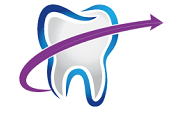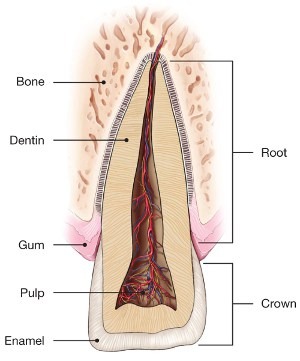Introduction
When it comes to dental emergencies, toothaches and injuries can be incredibly painful and distressing. Whether you’re experiencing sudden tooth pain or have suffered a dental injury, knowing how to provide immediate care can make a significant difference in alleviating discomfort and preventing further complications. In this blog post, we will discuss essential tips and techniques for emergency care in case of toothaches and injuries.
Understanding Dental Emergencies
Dental emergencies can occur at any time and can be quite distressing. Whether it’s a severe toothache or a dental injury, knowing how to provide immediate care can make a significant difference in relieving pain and preventing further damage. In this article, we will discuss the essential steps to take in emergency situations.
Toothache Relief
A toothache can be excruciating and can disrupt your daily activities. To alleviate the pain temporarily, rinse your mouth with warm saltwater to reduce inflammation. Gently floss around the affected tooth to remove any food particles that may be causing the pain. Over-the-counter pain relievers can also provide temporary relief until you can see a dentist.
Knocked-Out Tooth
If you have a knocked-out tooth, it’s crucial to act quickly. Hold the tooth by the crown, avoiding touching the root, and gently rinse it with water if it’s dirty. Try to reinsert the tooth back into its socket, ensuring it’s facing the right way. If reinsertion is not possible, place the tooth in a container of milk or saliva to keep it moist. Seek immediate dental care as the chances of saving the tooth decrease with time.
Cracked or Fractured Tooth
If you have a cracked or fractured tooth, rinse your mouth with warm water to clean the area. Apply a cold compress to your face to reduce swelling. Avoid chewing on the affected side and seek dental care as soon as possible. Depending on the severity of the fracture, the dentist may recommend bonding, a crown, or root canal treatment.
Lost Filling or Crown
If a filling or crown falls out, it’s essential to protect the exposed tooth to prevent further damage. Clean the inside of the crown or filling and try to reinsert it using dental adhesive or temporary dental cement available at pharmacies. Avoid chewing on that side and visit your dentist promptly to have it properly restored.
Abscessed Tooth
An abscessed tooth is a serious condition that requires immediate attention. Rinse your mouth with a mild saltwater solution to help reduce the infection.
Summary
Dealing with a toothache or dental injury can be a daunting experience, but being prepared and knowing what to do can help manage the situation effectively. Here is a summary of the key points covered in this blog post:
- Recognizing the signs and symptoms of a dental emergency
- Immediate steps to take for toothaches, such as rinsing the mouth and using over-the-counter pain relievers
- Handling dental injuries, including knocked-out teeth, cracked or broken teeth, and injuries to soft tissues
- How to safely store a knocked-out tooth until you can reach a dentist
- When to seek professional dental care and how to find an emergency dentist
- Tips for preventing dental emergencies and maintaining good oral health
Remember, while these tips can provide temporary relief and aid in managing dental emergencies, it is crucial to seek professional dental care as soon as possible. Dentists have the expertise and tools necessary to properly diagnose and treat dental issues, ensuring the best possible outcome for your oral health.

Welcome to my website! My name is Anthony Nan, and I am a dedicated and passionate Prosthodontist with years of experience in Emergency Dental Care, General Dentistry, Oral Health Treatment, and Restorative Dentistry. I am thrilled to have the opportunity to share my knowledge and expertise with you.

